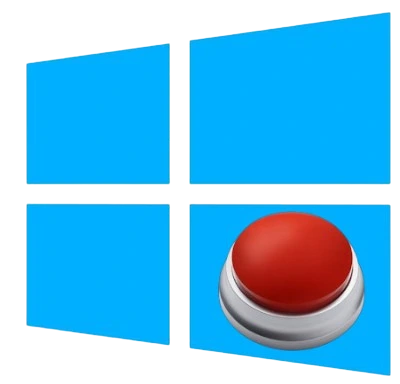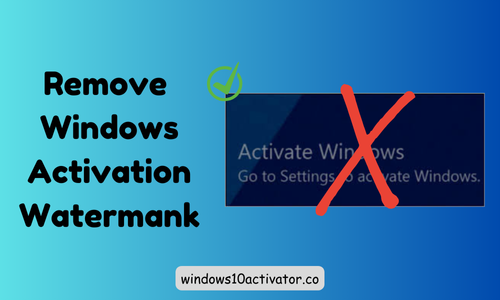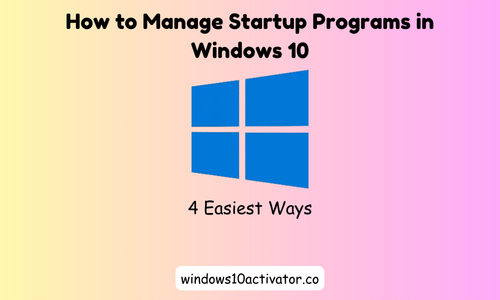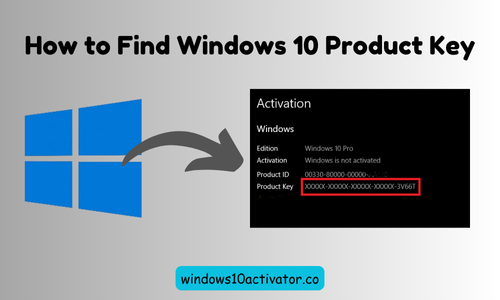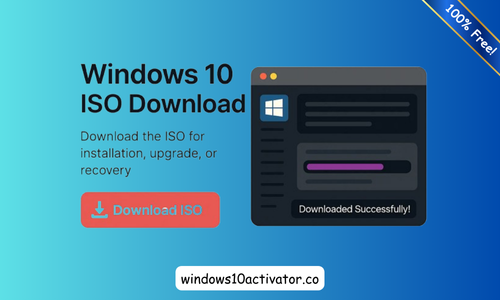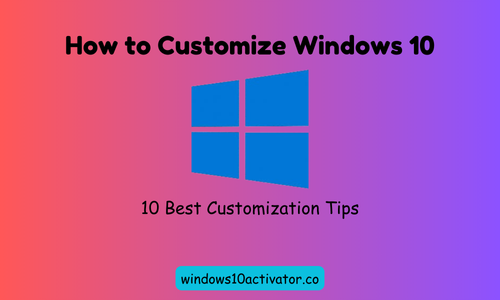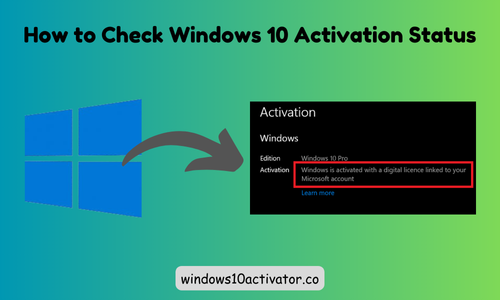6 Best Windows 10 Alternatives (Faster, Safer & Free Options) in 2025
Windows 10 is still widely used, but sometimes it does not meet our expectations, and we are not satisfied with it. This is where Windows 10 alternatives come in handy.
If you are looking for a faster, lighter, and more secure operating system. Whether it’s because of some other issues related to performance, privacy, or system requirements, you can choose better options from our list.
In this post, we will explore the best Windows 10 alternatives you can use today, whether you are a Linux, macOS, or ReactOS lover. These operating systems work well on most modern PCs, offer strong software support, and come with useful built-in features.
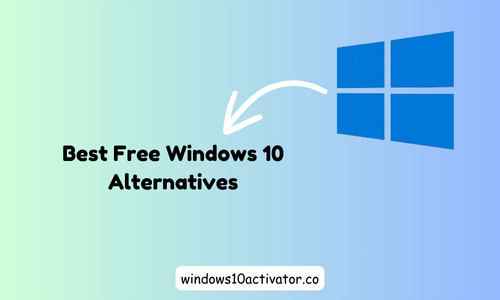
Still you are using non-activated Windows 10? Activate now for free!
1. Ubuntu (Linux)
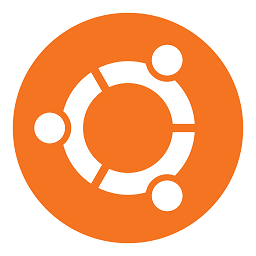
Ubuntu is lightweight, stable, and backed by a large community. It can breathe new life into older machines and runs smoothly on systems that struggle with Windows 10.
Best for: General users, developers, and those new to Linux.
Key Features:
- Free and open-source.
- Regular security and feature updates (LTS versions supported for 5 years).
- Easy app installation with the help of the Software Center.
- Moreover, it is compatible with most modern PC hardware.
- Availability of pre-installed tools like LibreOffice, Firefox, and others.
2. macOS (Apple)
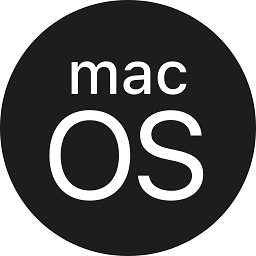
If you’re already an Apple user and don’t mind switching hardware, macOS is a perfect and secure alternative for you. Most importantly, it legally runs only on Mac systems.
Best for: Users in the Apple ecosystem or creative professionals who seek speedy performance.
Key Features:
- Optimized for Apple hardware only.
- Also, it has built-in tools like Final Cut Pro, GarageBand, and iMessages.
- No compromise on security and privacy.
- Seamless integration with iPhone, iPad, and Apple Watch.
3. Linux Mint

Linux Mint is one of the most straightforward Linux distributions to learn. It’s an ideal option if you want to move away from Windows 10 without a steep learning curve.
Best for: Users who want a Windows-like experience.
Key Features:
- Based on Ubuntu, with long-term support.
- It has a Cinnamon desktop environment that gives a vibe of a Windows user.
- Furthermore, it includes multimedia codecs and essential apps out of the box.
- Strong focus on usability and system stability.
4. ChromeOS

ChromeOS is lightweight and secure. It is the most famous and widely used OS, with almost 3.45 billion active users. If most of your work is web-based (Google Docs, Gmail, etc.), this OS is an ideal option.
Best for: Web-focused users, educational departments, and businesses.
Key Features:
- Simple and easy-to-understand interface.
- Fast boot times, minimal system requirements.
- Google account-based login and storage.
- Fast and secure option.
5. Fedora

Fedora is a polished option if you want access to the latest open-source tools and want more control over your system. It’s fast, clean, and reliable.
Best for: Developers and power users.
Key Features:
- Excellent security and SELinux integration.
- Also, backed by Red Hat, focused on cutting-edge tech.
- GNOME desktop by default.
- Up-to-date kernel and software.
6. ReactOS
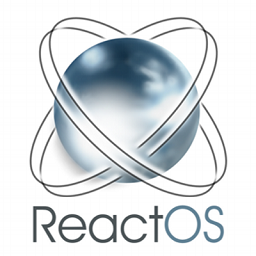
ReactOS is still in alpha, so it’s not for production use yet. But if you’re curious and like to experiment, it’s worth exploring as a future alternative.
Best for: Experimenters and Windows power users.
Key Features:
- Open-source
- Compatible with the Windows Operating System
- Lightweight and installs quickly.
- Can run some Windows drivers and apps.
Conclusion:
We have enlisted the top 6 best Windows 10 alternatives above. If you’re planning to move away from Windows 10, you have some fast and free options. Whether you’re looking for something more secure, more customizable, or just quicker on older hardware, the operating systems mentioned above cover a variety of needs.
If you have any queries regarding Windows 10, feel free to ask us in the comments section.
